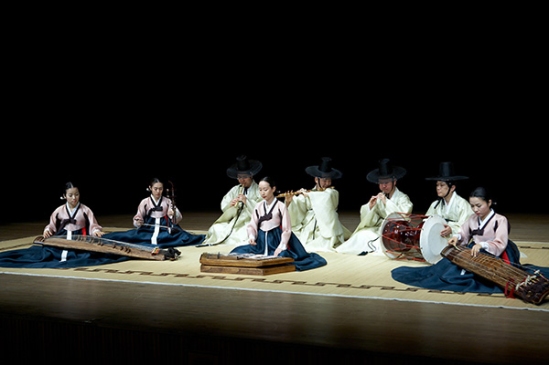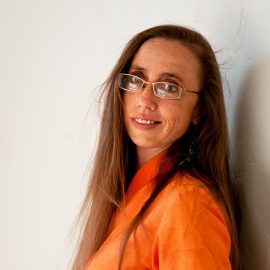Café Seoul is back! Korea’s traditional culture is the topic of this episode, and we have one of the most knowledgable academics on hand to discuss the role that traditional culture, specifically performance art plays in modern Korean society.
Special Guest: Dr. CedarBough T. Saeji, Korea Foundation Postdoctoral Fellow in Korean Studies
Dr. Saeji moved to the Republic of Korea in 1996. Saeji has since spent more than fifteen years in Korea, where she completed an MA in Korean Studies (Yonsei University, 2006). Outside of Korea she has spent time elsewhere in Asia and completed the coursework for her PhD in Culture and Performance (UCLA, 2012). She currently teaches a course called Korea Popular Music in Context at the University of British Columbia.
News of the Weird:- ‘Creative Korea’ slogan abolished
- Active X to be removed from public websites
- Scrapping HIV test for native English teachers ‘unacceptable’
On the Pulse:
How relevant to modern Korean society is Korean traditional culture? Many people who observe Korea suggest that Korea’s traditional culture is somewhat removed from its modern one, but is that really the case? In this episode we have the benefit of an academic expert to delve into this topic and find out exactly what role traditional culture, specifically performance art plays in Korea today. In addition to the overlying theme, we discuss some initial access points for Korean traditional culture and how one can go about learning more about and enjoying the rich traditional culture Korea possesses.
Here are some links for websites on Korean cultural performance.
- KOUS— a lot of traditional dance performances, located at 삼성역
- The National Gugak Center
- A facebook page about 풍류극장
- shows at the palaces and at the Hanok village
Special thanks to Dr. Stephen Suh from episode 7, who answers a followup question from a listener in this episode.



Saeji needs to check her tone. It doesn’t encourage people to discover Korean culture when she propagates a sentiment of inferiority to those (even genuine Koreans) who don’t have the same grasp on Korean culture as someone with a PhD in Korean studies. In the end, tradition and culture belong to the people themselves. Try to have a more positive mindset in this regard.
I’m sorry that you took anything I said in that way–there was a fair amount of banter between Eugene, Rob and I and we’ve known each other a long time, so perhaps I wasn’t considering the possible misunderstandings of the audience in some phrasing. I love Korean traditional culture and I just want more people to learn about it. I’m happy for foreigners to learn about it, but I truly believe that if young Koreans don’t get involved many of the arts I love will die out. The last thing I want to do is not encourage people to learn about Korean culture.
Rob here. In Cedarbough’s defense, of all the people I know, she is one of the most informed, but also one of the most enthusiastic, supportive and encouraging promoters and advocates for Korean culture that I know.